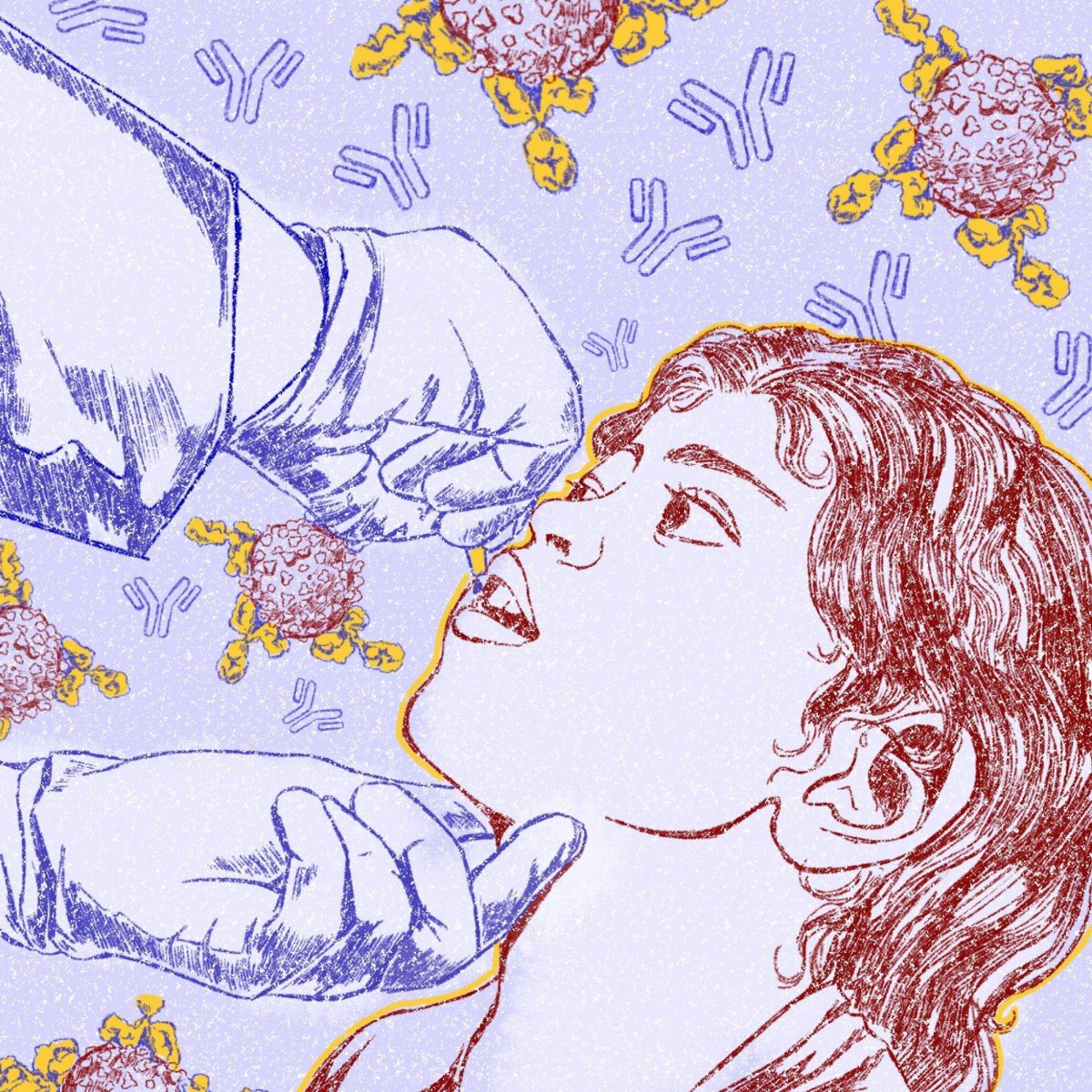Considering multiple brain imaging methods and processing the data with machine learning can better predict how a person with depression will respond to antidepressants, according to a March 31 study published by researchers from UT and other universities.
According to a 2024 survey by Healthy Minds Study, 33% of college students with depression or other mood disorders reported taking antidepressants in the last year. There are a variety of depression treatments available, and this research could be used to provide more personalized treatments in the future, said Greg Fonzo, the UT researcher involved in the study and assistant professor in the Department of Psychiatry and Behavioral Sciences at Dell Medical School.
“This study is really trying to focus on how we can use information about a person’s individual biology — the way their brain functions — to inform and improve those decision-making processes,” Fonzo said.
The researchers did a secondary analysis on a dataset collected in 2016, Fonzo said. The dataset collected images of brains at their resting state using functional magnetic resonance imaging, which collects brain scans and measures blood oxygen levels in the brain, and electroencephalographic recordings, which records brain electricity, Fonzo said.
The researchers found the patterns in the brain’s resting state, where a person is sitting quietly, before starting treatment was a powerful indicator of antidepressant treatment outcomes, Fonzo said.
Then a graph neural network model, which is a type of machine learning, looks at the brain patterns to predict the person’s response to the antidepressant, said Yu Zhang, a professor from Lehigh University and researcher in this study. He said this research can be used in the future to assign unique treatments like medication or therapy to patients because each patient’s mental health concern is unique.
“Individual differences in their intrinsic brain networks during resting state would be essential for identifying biomarkers of treatment responses to antidepressants,” Zhang said.
Treatment options for depression can include therapies and medications, social work professor Cynthia Franklin said. She said mental health concerns can have a big impact on college students and knowing someone’s specific diagnosis can be helpful when trying precision medicine. UT offers mental health resources to students, including individual counseling, psychiatric services and a 24/7 crisis line at the Counseling and Mental Health Center.
Fonzo said he is part of another study working to confirm the findings from the first dataset. He said he hopes future studies will consider other depression treatments to bring more personalized treatments to patients.
“Whether or not somebody is better suited to receiving psychotherapy versus an antidepressant, or vice versa, is still a very open question, one that we can continue to explore,” Fonzo said.
Editor’s Note: This article has been updated to clarify Greg Fonzo’s title at the Dell Medical School.














